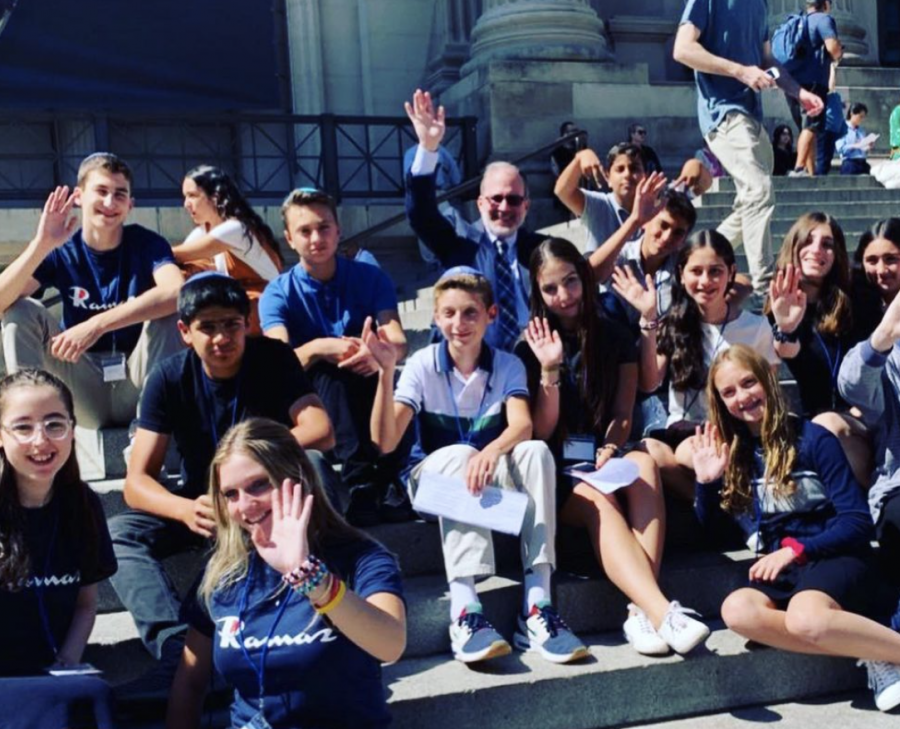Advisory Is Necessary
When students walk into the Ramaz Upper School on their first day of high school, the advisory meeting is one of the first places that they are able to meet faculty and their peers. Yet, as Ramaz students move onto sophomore and junior year, advisory becomes less of a constant. Is advisory really helpful and truly necessary after your first few days at Ramaz? I would argue that advisory is certainly important for all Ramaz Upper School students!
In freshman year, Ramaz students are divided into groups of approximately ten students as advisees for one faculty member. Beginning in 2019, many administrators became advisors for the freshman grade; was this a good choice? I posit that this structure helps freshmen adjust more easily to their new school environment. The sixth floor office may feel intimidating to freshmen when they initially walk through the halls of Ramaz. It seems like a place that should be off limits-a place that you would only go to if you were in trouble. After being selected for Ms. Krupka’s advisory, I learned that the sixth floor office was not only home to the administrators, but also a welcoming environment for students. Without having an administrator as a freshman advisor, students would fear the office and would not benefit from having a close relationship with the administration. Furthermore, having an administrator as a freshman advisor helps to resolve new students’ issues more quickly. The administrators are able to enact changes more efficiently since they do not need to meet with another teacher as a go-between. Additionally, administrators have access to the scheduling system. This makes it less stressful for freshmen to alter their schedules when necessary.
Advisory serves as a safe space for students and a place where they can go to express their concerns, complaints and other issues that they may be having. Without constant access to an advisor, most students would be keeping their thoughts to themselves, rather than speaking their mind. Even when there is an issue that seems impossible to change, communicating their sentiments to a faculty member makes students feel better, since they are being heard. For example, this year, some juniors were furious that they were not able to return to school in-person on Fridays. Since this was an issue that required an enormous amount of scheduling, planning and adherence to coronavirus guidelines, it was unlikely that juniors would be able to return on Fridays. Yet, this did not deter the juniors from voicing their concerns to their advisors. If juniors did not have a relationship with their advisors or a built in forum to have dialogue, students would keep their frustrations to themselves and would eventually displace their anger on others at a different time. Advisory provides the space for students to ask questions that they may not have the opportunity to ask in other classes.
Advisory periods also serve as a place to check in with other students who may not share the same schedule as yourself. It is a protected space, free from the stressors of other classes. In addition, it is a time that vital information and programming may be shared. An advisor may also use these periods to have meaningful conversations about school and things going on outside of school. These advisory periods are crucial for the well-being of each grade. As a result, we should advocate for more advisory periods.




